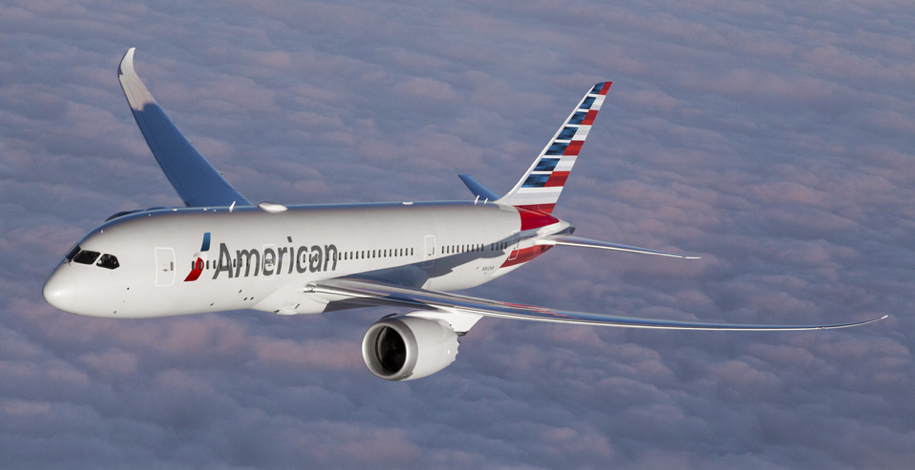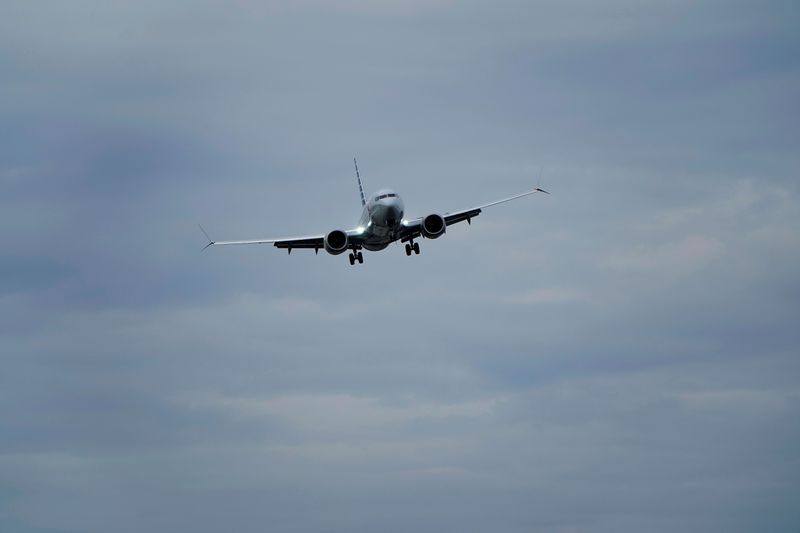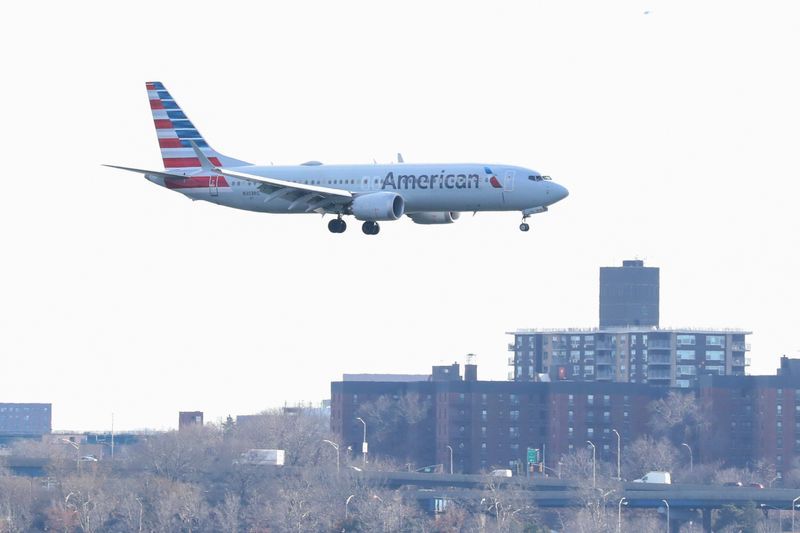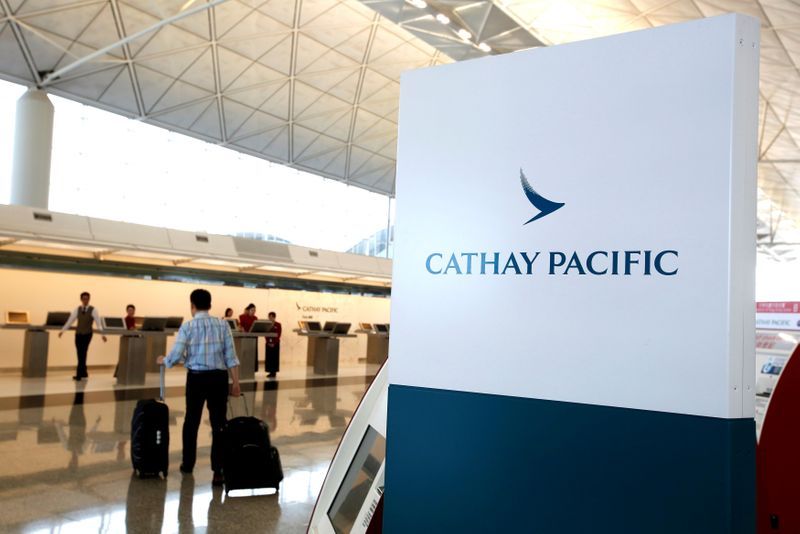FORT WORTH, Texas — American Airlines Group Inc. (NASDAQ: AAL) today reported its fourth-quarter and full-year 2019 financial results, including these highlights:
- Fourth-quarter 2019 earnings were $0.95 per diluted share. Excluding net special items1, earnings were $1.15 per diluted share, up 19% year over year.
- Full-year 2019 earnings were $3.79 per diluted share. Excluding net special items2, earnings were $4.90 per diluted share, up 8% year over year.
- Accrued $213 million for the company’s profit-sharing program in 2019, including $74 million in the fourth quarter.
- Returned $1.3 billion to shareholders in the form of dividends and share repurchases in 2019.
“During the fourth quarter, we made important progress to address the issues that impacted our business in 2019, and, thanks to our incredible team, we ended the year with our strongest operational quarter on record,” said American Airlines Chairman and CEO Doug Parker.
“While our results for the quarter reflect this progress, we know there is more work to be done. Looking to 2020, we are focused on three key areas. First, we will continue to deliver operational excellence and build on our strong fourth-quarter results. Our team has done a tremendous job, and we will keep driving improvement in key operational metrics in the year ahead. Second, we will deliver those results while growing where we have a competitive advantage in our most profitable hubs. And third, these initiatives combined with our capital plan will enable us to drive significant free cash flow in 2020 and beyond.”
Fourth-Quarter Revenue and Expenses
Pre-tax earnings were $571 million in the fourth quarter of 2019. Pre-tax earnings excluding net special items for the fourth quarter of 2019 were $679 million, a $90 million increase from the fourth quarter of 2018, or 15.1% year-over-year increase from the same period last year.
Continued strength in passenger demand and a record passenger load factor drove a 3.4% year-over-year increase in fourth-quarter 2019 total revenue to a record $11.3 billion. Driven by a 2.4% increase in passenger load factor, passenger revenue per available seat mile (PRASM) grew 0.9% to 14.72 cents, a record for the fourth quarter. Cargo revenue was down 18.3% to $216 million due primarily to a 15.6% decline in cargo volume. Other revenue was up 5.4% to $750 million due primarily to higher loyalty revenue. Fourth-quarter total revenue per available seat mile (TRASM) increased by 0.5% compared to the fourth quarter of 2018 on a 2.9% increase in total available seat miles.
Total fourth-quarter 2019 operating expenses were $10.6 billion, up 2.1% year over year, driven primarily by higher salaries and benefits, maintenance, and regional expenses. Total fourth-quarter 2019 cost per available seat mile (CASM) was 15.06 cents, down 0.8% from fourth-quarter 2018. Excluding fuel and net special items, consolidated fourth-quarter CASM was 11.59 cents, up 2% year over year.1
2020 Priorities
In 2020, American is focused on operational excellence, efficient and profitable growth, and generating significant free cash flow.
- Operational excellence: Running a reliable operation is a significant driver of customers’ likelihood to recommend and American’s goal to become customers’ airline of choice.
- Efficient and profitable growth: Grow in high-revenue markets that produce at or above average unit revenues, largely due to new gates in Dallas-Fort Worth and Charlotte, North Carolina.
- Generating significant free cash flow3: Use free cash flow to naturally de-lever the company’s balance sheet and return capital to American’s shareholders.











